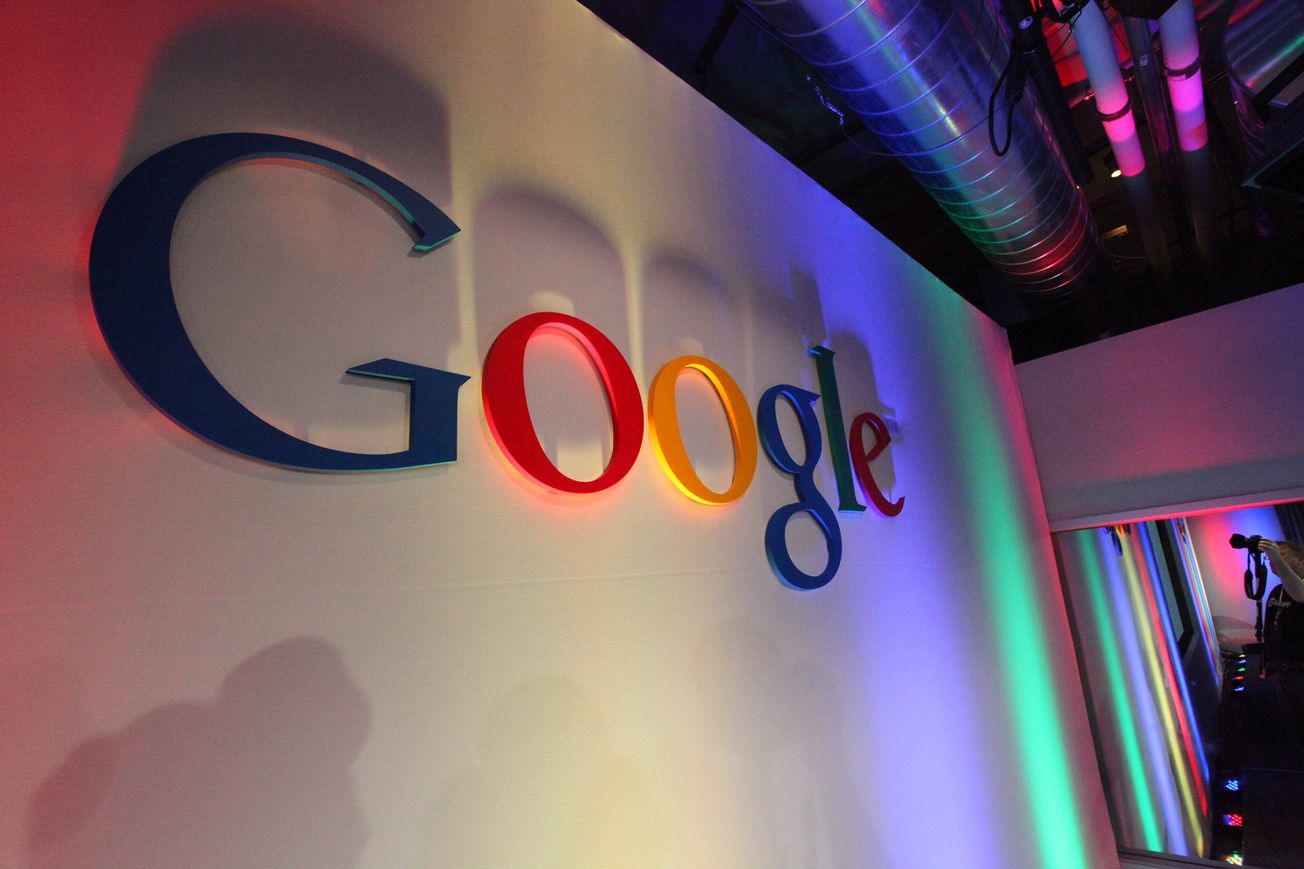By Naomi Solomons, first year, Quantum Engineering CDT (PhD)
Google recently claimed to have achieved ‘quantum supremacy’ for the first time on their Sycamore processor. This would be an important milestone in the field of quantum computing, but doubts have been cast as to whether this has really been achieved, and how significant the achievement is.
Over a month ago, an unfinished paper that was mistakenly published on NASA’s website and quickly taken down, though not before being noticed and reported on by outlets including the Financial Times. The paperrevealed some exciting results in NASA’s collaboration with Google. The completed version of the paper, now published in the journal Nature, claims that a quantum computer has carried out, in ‘about 200 seconds’, a calculation that would make the best classical (non-quantum) supercomputer ‘approximately 10,000 years’.
This would make this the first demonstration of a quantum computer achieving a task that is not possible for a classical machine. However, a response from Google’s biggest competitor IBM disputes these claims, stating that the task can in fact be realised by a classical system in only 2.5 days, and the goal of ‘quantum supremacy’ has therefore not been achieved.
A classical computer consists of a series of bits, that can be either 0 or 1. The main difference for a quantum computer is that in the place of bits, quantum algorithms connect ‘qubits’, which are microscopic systems controlled to exploit their quantum properties. This includes the fact that qubits don’t have to be in the state 0 or 1, but can instead be in a combination of the two, therefore containing more information than their classical counterparts. Additionally, they can be entangled – meaning that two separate qubits can be intrinsically connected, and acting on one of them will affect the other.
The question of how to apply these properties in a useful way has been considered by physicists for over 30 years, but it comes alongside a significant engineering challenge. Maintaining qubits in the desired state is tricky, and even Google’s 53-qubit processor is still a long way from the scale of machine needed to produce useful, and reliable, results.
Our fantastic @QETLabsBristol has been awarded £4.6 million 💰 as part of phase two of the Quantum Communications Hub 👍 #Quantum is a thriving area at the moment ☄️ and our #engineers John Rarity and Reza Nejabati are leading the way in secure communications 📲@QETLabsBristol pic.twitter.com/mvbaYUBsv2
— Bristol Engineering (@BristolUniEng) September 17, 2019
Here at the University of Bristol, quantum computation is an active area of research that considers the use of individual photons as qubits, alongside work on the development of quantum algorithms. The potential applications are wide ranging, from secure communication, to precision measurements and medicine.
Google’s goal of quantum supremacy, often referred to as quantum advantage partly in order to distance the term from the unpleasant associations of the word ‘supremacy’, marks a significant milestone in the development of quantum computers; it is understood to be ‘the point where quantum computers can do things that classical computers can’t’.
The problem attempted by Google was to compute the probability distribution of the random outputs of a quantum circuit. This is not necessarily a useful application of quantum technology, but was picked specifically as it is an example of a task that a classical computer would find particularly challenging. However, IBM responded that they had not accounted for the full capabilities of classical supercomputers, and therefore their figure of 10,000 years was a massive overestimation, with IBM suggesting it could be done in 2.5 days or less. Although this is still longer than the quantum computer’s time of 200 seconds, it shows that the calculation is nonetheless feasible for a classical system, and so the label of quantum supremacy is no longer reasonable.
With Google claiming quantum supremacy, now's a good time to brush up on how a quantum computer works and why it's so powerful. https://t.co/Gcx42uLv2e
— MIT Technology Review (@techreview) November 3, 2019
This also comes alongside fears from the community of ‘overhyping’ the abilities of quantum technologies, an issue predicted by John Preskill, who coined the phrase ‘quantum supremacy’ in 2012. Public misunderstanding of the abilities of quantum technology, as well as overambitious goals for what they can and should be aiming to achieve, may do this promising area of research more harm than good. It is worth bearing in mind the response from IBM, that ‘quantum computers will never reign ‘supreme’ over classical computers, but will rather work in concert with them, since each have their unique strengths’.
Despite the controversy, the result is undeniably a great achievement for Google and a meaningful, if not practical, success for quantum computation. Whether or not a quantum computer succeeding in a task outside of the capabilities of any existing classical supercomputer was displayed, it is exciting to see that we are now capable of building quantum computers able to carry out complex enough calculations for the comparison to be made at all.
Featured image: Flickr / Robert Scoble
Do you think quantum supremacy has been achieved? Let us know!









